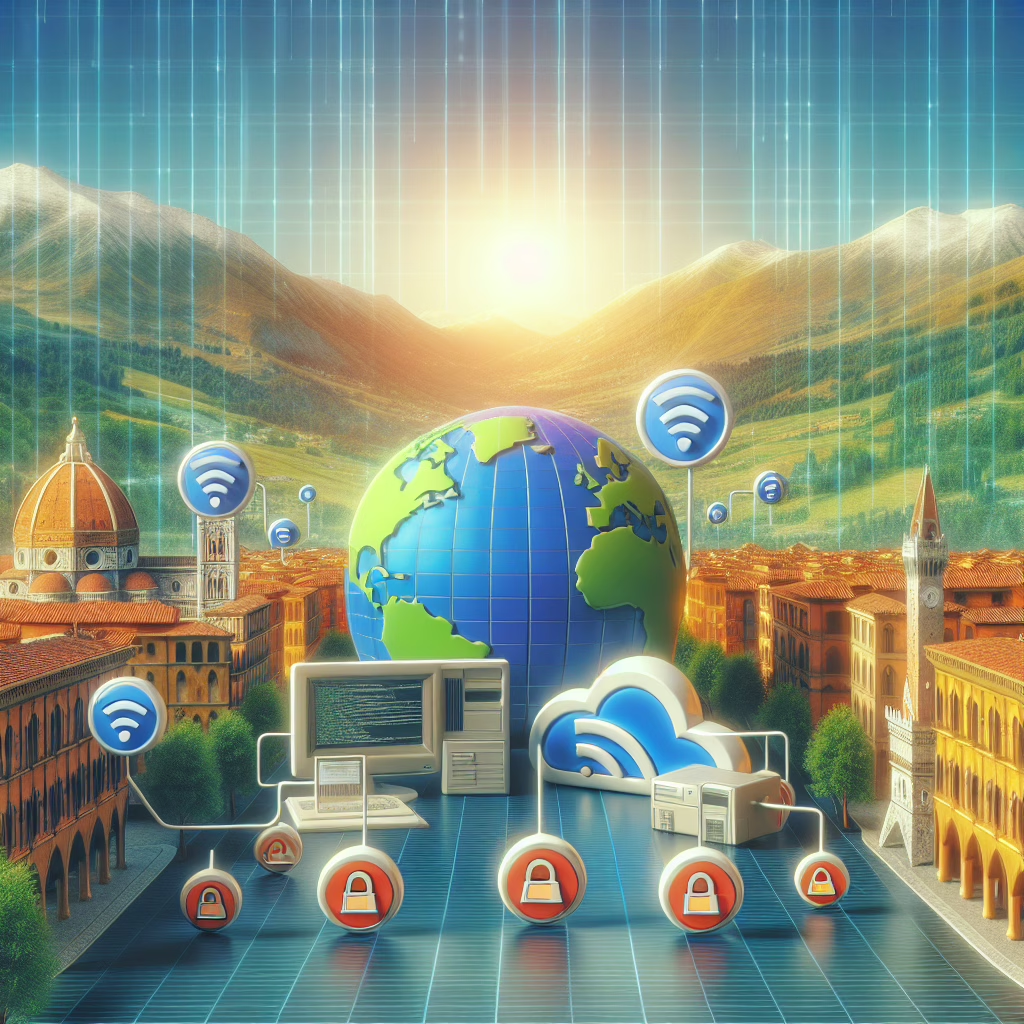Italy has recently decided to take a giant leap into the digital future by requiring VPN and DNS providers to block pirated content. While this may sound like a tough pill to swallow for some, it’s actually a thrilling opportunity for the tech industry to showcase its adaptability and commitment to legality.
Imagine a world where VPNs and DNS services are not just tools for dodging geo-restrictions but are also champions of copyright protection! Italy’s new regulations could transform these services into guardians of digital integrity. This is a fantastic chance for providers to step up their game, enhance their offerings, and promote a more secure internet experience for everyone.
Now, some might argue that this move could stifle the very essence of what VPNs stand for—freedom and privacy. But let’s flip the script! This is a golden opportunity for VPNs to redefine their roles. Instead of being seen as mere circumvention tools, they can position themselves as responsible digital citizens. By complying with these regulations, they can build trust with users who are increasingly concerned about online safety and legality.
Moreover, this initiative could lead to a more organized digital landscape. With clear guidelines in place, users will know what to expect from their VPN and DNS providers. No more guesswork about whether a service is operating in a legal gray area. This clarity can foster a more positive relationship between users and providers, ultimately leading to a better user experience.
Let’s not forget the potential economic benefits! By taking a stand against piracy, Italy is not just protecting content creators; it’s also paving the way for a healthier digital economy. When creators feel secure in their rights, they are more likely to invest in new content, leading to a vibrant and diverse media landscape. This is a win-win situation for everyone involved!
Of course, implementing such regulations will require a collaborative effort between the government, service providers, and users. It’s a chance for all parties to come together and discuss how to create a fair and balanced digital environment. This dialogue can lead to innovative solutions that respect both copyright laws and user privacy.
As we navigate this new terrain, it’s essential for users to stay informed and engaged. The more we understand about these changes, the better equipped we will be to make informed decisions about our online activities. So, let’s embrace this change with open arms and a positive outlook!
In conclusion, Italy’s decision to require VPN and DNS providers to block pirated content is not just a regulatory hurdle; it’s a stepping stone towards a more responsible and secure internet. It’s an invitation for service providers to innovate and for users to engage in meaningful conversations about digital rights and responsibilities. So, what do you think? Are you excited about these changes? Share your thoughts in the comments below!

